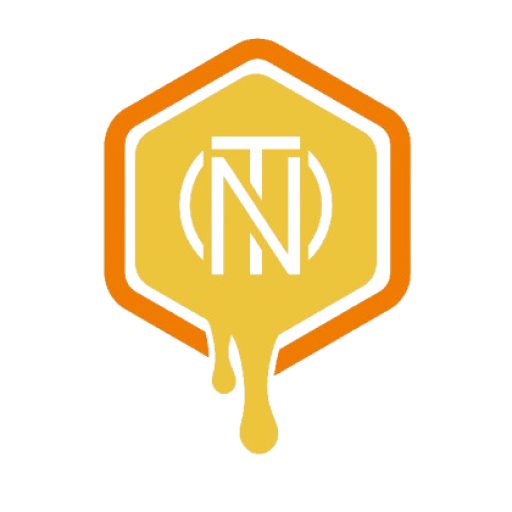Bee Pollen
Composition: Bee pollen is a mixture of flower pollen, nectar, enzymes, honey, wax, and bee secretions. It’s packed with nutrients including proteins, amino acids, vitamins, minerals, and antioxidants.
Nutritional Value: Known as a superfood, it contains over 250 active substances including carbohydrates, lipids, proteins, and vitamins (B-complex, A, C, D, E), as well as minerals like calcium, magnesium, and iron.
Health Benefits:
- Boosts Immunity: Contains antioxidants which can help combat free radicals and support immune function.
- Anti-Inflammatory: Known to reduce inflammation, making it beneficial for conditions like arthritis.
- Energy Boost: High in protein and B vitamins, it provides sustained energy.
- Digestive Health: Contains enzymes that aid in digestion.
- Skin Health: May help with skin problems such as acne, eczema, and psoriasis due to its anti-inflammatory and antibacterial properties.
Consumption Forms: Bee pollen is available as granules, powder, capsules, or added to various foods and drinks like smoothies, yogurt, or salads.
Uses in Traditional Medicine: Often used in traditional and herbal medicine for enhancing vitality, fertility, and overall wellness.
Precautions: Bee pollen can cause allergic reactions, especially in those allergic to bee stings or other bee products. It’s also not recommended for pregnant or breastfeeding women without medical guidance.
Storage: Best stored in a cool, dark place or refrigerated to maintain its potency and freshness.












